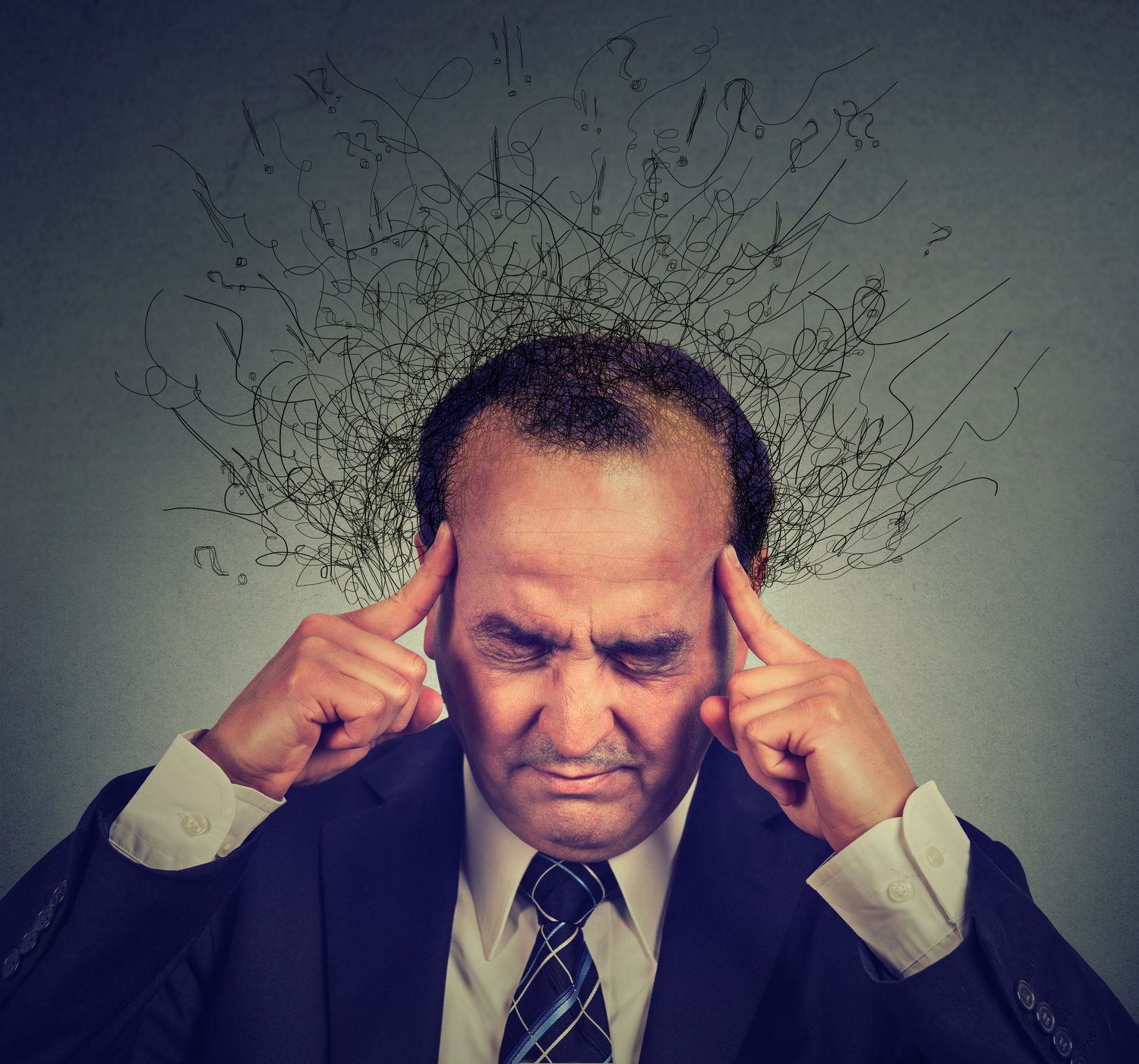
What is obsessive-compulsive disorder
Obsessive-compulsive disorder is a long-lasting mental illness in which a person will experience recurring unwanted thoughts or sensations, which are called obsessions that drives them to do something repetitively, which are called compulsions. It is a chronic condition which can affect a person’s job, family life, health, and can keep them away from leading a normal life.
Symptoms
People with the obsessive-compulsive disorder will have obsessions or compulsions, or both. Severe cases can affect one’s normal life.
Obsessions
Obsessions are consistent thoughts, images, or ideas that cause anxiety or disgust. Many people with obsessive-compulsive disorder know that their thoughts are not true. But still, it cannot be settled with reason or logic.
The obsessive thoughts include:
- Worries about getting hurt
- Fear of germs or contamination
- The need for exactness or symmetry in everything
- Aggressive thoughts about oneself or others
- Suspicions and beliefs that can destroy relationships
Compulsions
Compulsions are repetitive behaviors or actions that arise out of consistent obsessions. Often, a constant repetition of all the actions will fill up one’s day, leaving normalcy or normal routines into the oblivion. The aim of such behavior is to prevent the distress caused by continuous obsessions.
Some examples of compulsion include:
- Cleaning or washing several times in a row
- Repeating a particular task a specific number of times
- Repeatedly checking on things, like whether a switch is turned off, or a door is locked, or that the gas stove is off
- Compulsive counting
- Ordering or rearranging things in a particular manner
Causes
Doctors are unable to pinpoint the exact cause of the obsessive-compulsive disorder although it has been observed that certain areas of the brain may not look normal in people with OCD. It is more common among women and often appears in young adults.
The exact causes are unknown but a few possible risk factors include:
- If a first degree relative, such as parent, sibling, or child, have OCD
- A history of sexual abuse or other trauma during childhood
- Depression and anxiety
- Recently, bacteria responsible for Lyme disease and H1N1 flu virus have been held responsible for a rapid onset of OCD
- Intense stress has proved to bring about behavioral changes that often lead to OCD
Obsessive-compulsive disorder is more common in young adults and it develops and occurs equally in both girls and boys. Most individuals are diagnosed by the age of 19, but the chances of onset after 30 cannot be totally neglected.
Diagnosis and treatment
The doctor may conduct a physical examination or bloodwork to make sure that the symptoms are due to obsessive-compulsive disorder. Treatment methods include psychotherapy, medication, and other alternatives, such as yoga, meditation, and massage.
Medication
Serotonin reuptake inhibitors (SRIs) and selective serotonin reuptake inhibitors (SSRIs) are effective medications in treating the disorder. Other psychiatric medications have also proved to be effective. Successful treatment has proved to improve the individual’s involvement in family, work, and life in general.
Psychotherapy
Cognitive behavioral therapy (CBT), a type of psychotherapy, has proved to be effective to a large extent in dealing with this disorder.
During the treatment process, the patient is asked to visualize or imagine the scenarios that create anxiety and provoke compulsive behavior. The aim is to make the patient realize that the anxiety will eventually fade away without engaging in ritualistic behaviors.
A person with obsessive-compulsive disorder behaves in a certain way not because they enjoy it. Any attempt to block the obsessions and compulsions will eventually make them feel bad and powerless, forcing them to start it over again. Understanding the disorder and an awareness of its signs and symptoms can help to a large extent. Meditation, yoga, visualization, massage, and healthy life, in general, can help fight the disorder.



